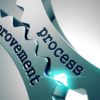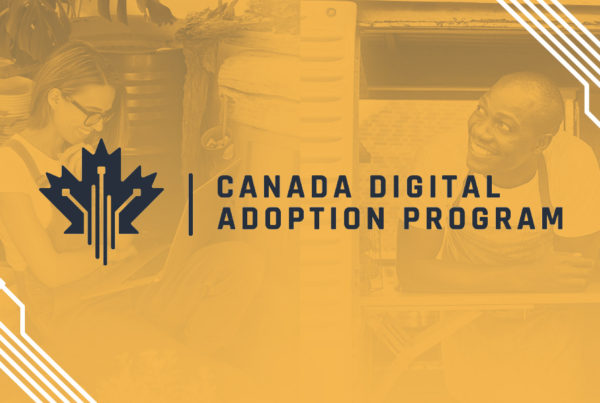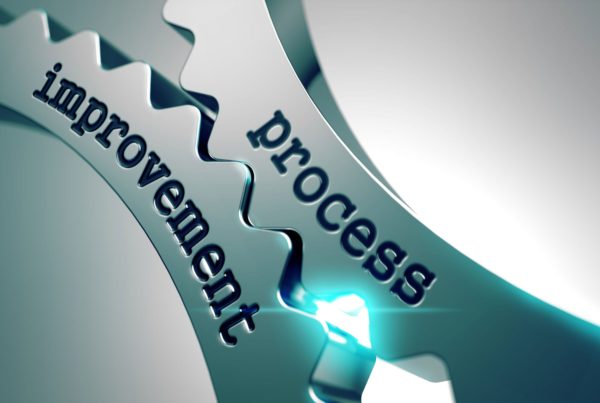Now more than ever, consumers are ranking sustainability as a main factor in their buying decision. With this shift in behaviour, companies are forced to evaluate how sustainable their businesses are in order to remain competitive and drive sustainable business process improvement.
How Sustainable Business Process Improvement Can Help
Sustainability and Business Process Improvement go hand-in-hand. Upon first thought, you may not think that these two have much in common, but they have two underlying themes: to reduce waste, and to increase efficiency.
Reducing Waste
Running a Lean organization requires the elimination of waste: wasted time, wasted resources, wasted material. Sustainable Business process improvement starts with the identifying wastes and eliminating them through process design. Removing waste not only results in maximum value to the end consumer, but companies also benefit from reduced operating costs. In an organization’s move towards sustainability, the conversation also centers around waste; waste is removed from process steps to move towards sustainability.
An example of a quick win for most organizations is to implement a paperless policy. With the average office worker using 10,000 sheets of paper each year, then switch to a digital platform reduces paper waste, saving on printing costs, and allows teams to collaborate in real-time. The hidden waste this captures (and arguably the real game-changer) is the time saved, with the average employee spending 30-40% of their time looking for information kept in filing cabinets. Teams can spend less time managing physical copies of files and documents and instead focus on value-added activities that customers are willing to pay for.
Doing More with Less
Increased efficiency is a key component of Lean principles and sustainable business practices; if your efficiency has increased, then naturally your productivity will increase. This increase in productivity allows us to do more with less, requiring less effort and less energy to complete the task.
In the example above, an organization’s paperless policy results in a smaller carbon footprint while doing more work in less time. This improvement is a great example of a quick-win that can be implemented in workplaces to take the right strides towards sustainability. If you’ve already established a paperless policy, well done! You are well on your way towards being Lean and green.
Why Continuous Improvement Matters
A culture of continuous improvement can be just as important and effective as a corporate sustainability program. Empowering all members of your organization to put forward sustainability improvements will go a long way in your journey towards being green.
We challenge you to think about the small incremental changes you can make to reduce your corporate carbon footprint. This will not only help you reduce waste, but also increase your efficiency.
Questions? Contact Us
If you’re ready to jump-start your organization’s move to sustainability, contact us at Propel Solutions today. We specialize in creating workplaces that work and have a proven track record of results. Contact us at [email protected] or using the form below.
Propel Solutions
- 📍 789 W. Pender Street, Vancouver, BC, Canada
- 📞 604-346-5185








